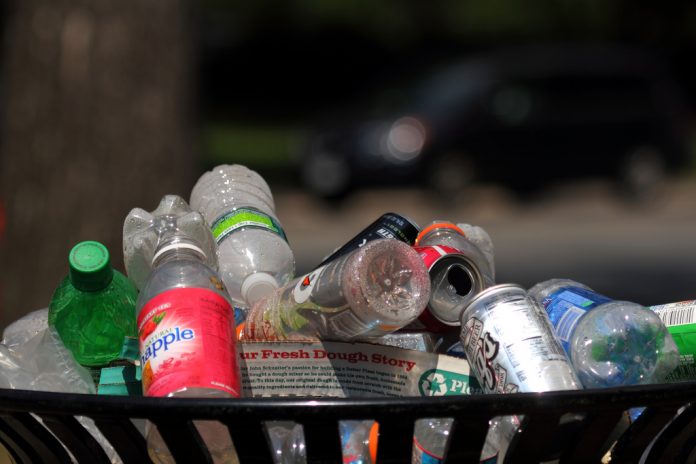Respect of the dynamic balance of the biosphere is something that is taught, according to the European Economic and Social Committee (EESC). It said a successful plastics strategy should include educational and training initiatives.
In its opinion on the Commission’s Strategy for Plastics in a Circular Economy the EESC emphasised plastics recycling as a vital opportunity for sustainable and competitive economic development.
“The devastation of our seas and landscapes with plastics must give way to a culture of avoidance, collecting and recycling of plastics,” said Antonello Pezzini, rapporteur of the opinion. “We need a European culture of plastic circularity based on an analysis of the entire product lifecycle and this will only work with the involvement of citizens and civil society.”
According to the EESC, awareness-raising activities will need to start at school to promote the sorting of waste – including plastics.
“In view of the declining oil reserves – the main resource for producing plastics – we can no longer afford to simply dump or incinerate plastic, therefore, recycling must become more and more prevalent,” explained Pezzini. “This, however, requires a system of incentives for consumers and easy identification by means of digital readers at collection points.”
The EESC has also called for the labelling of the various types of plastics. For instance, micro-plastic – often used in detergents, cosmetics, furniture and paints – needs special attention, since pollution from this source is one of the biggest dangers for the environment and human health.
“People must feel the positive impact on their lives. They need to see the economic and ecological advantages of their effort to collect and sort plastics,” said Pezzini.

